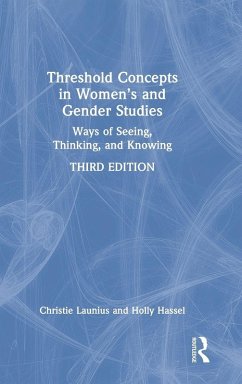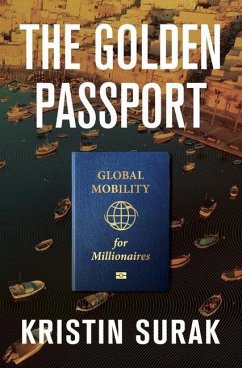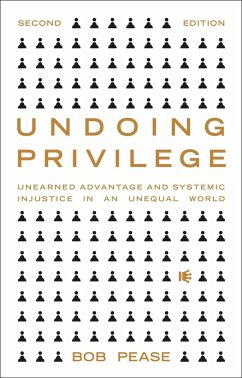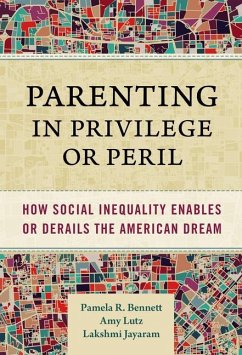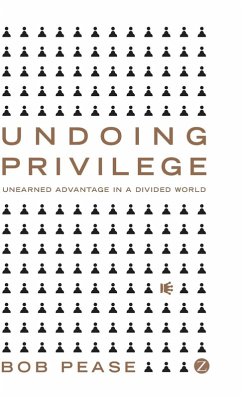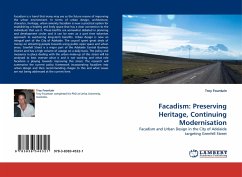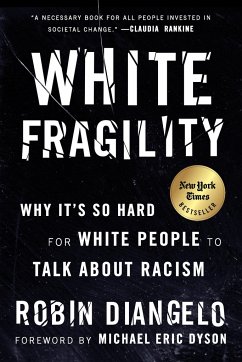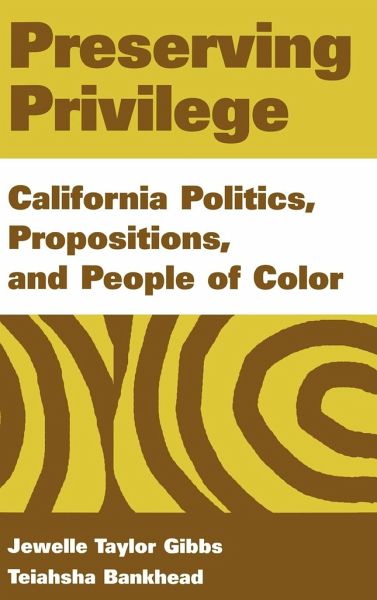
Preserving Privilege
California Politics, Propositions, and People of Color

PAYBACK Punkte
44 °P sammeln!
Gibbs and Bankhead examine the history and current situation in California as it struggles to deal with the ethnic and racial change that will make it the first American state to have a non-white majority in the first decade of the 21st century. From shock and denial, to bargaining to change the outcome, they analyze the impact in California and what this may mean for the rest of the country. They begin by tracing the major historical, social, economic and political events of the past 50 years that laid the foundation for the impetus of such ethnically and racially divisive initiatives as the ...
Gibbs and Bankhead examine the history and current situation in California as it struggles to deal with the ethnic and racial change that will make it the first American state to have a non-white majority in the first decade of the 21st century. From shock and denial, to bargaining to change the outcome, they analyze the impact in California and what this may mean for the rest of the country. They begin by tracing the major historical, social, economic and political events of the past 50 years that laid the foundation for the impetus of such ethnically and racially divisive initiatives as the efforts to strengthen anti-crime measures, remove illegal immigrants, limit affirmative action measures, and eliminate bilingual education. Each of these ballot propositions is examined, detailing the pro and con arguments of their advocates and opponents, their major financial contributors, campaign strategies, ethnic voting patterns, implications of implementation, and their impact on people of color. Gibbs and Bankhead then look at parallels from a national and international perspective. They conclude with a discussion of the values that should guide public policy debates in a multiethnic, multicultural society, and they propose specific policy alternatives to address the issues of crime prevention and control, illegal immigration, affirmative action, and bilingual education. A thoughtful analysis that will be of value to concerned citizens as well as policy makers, scholars, and students of contemporary American issues.




